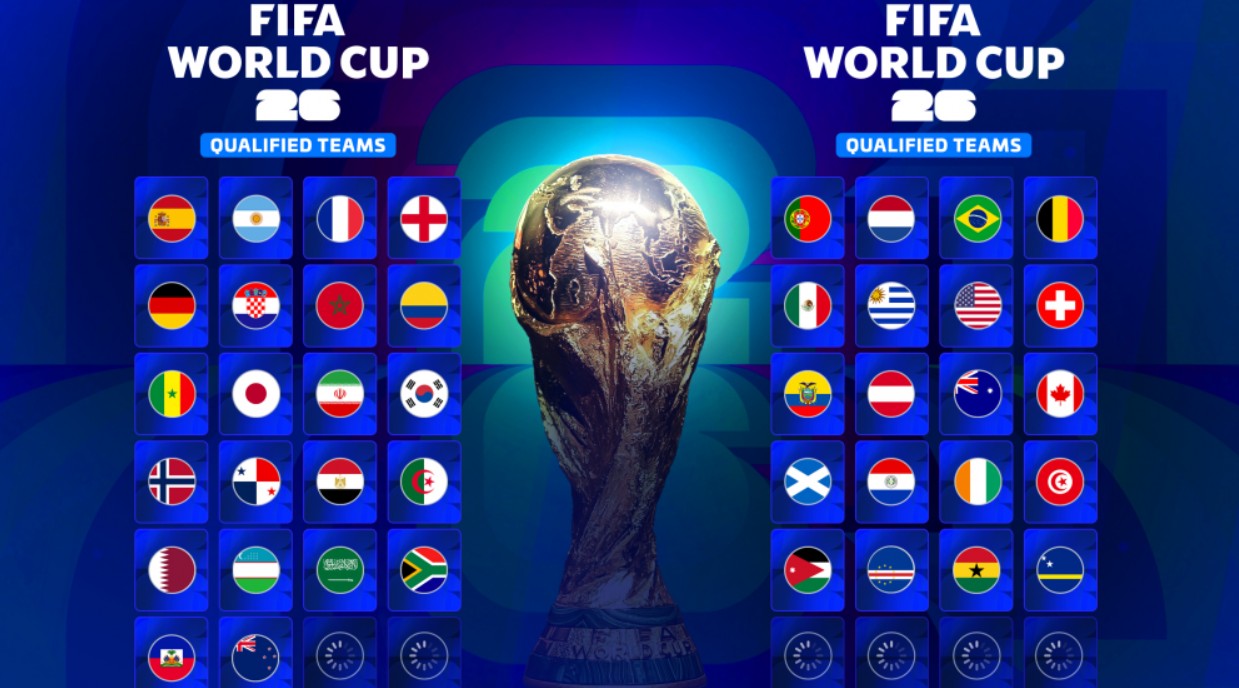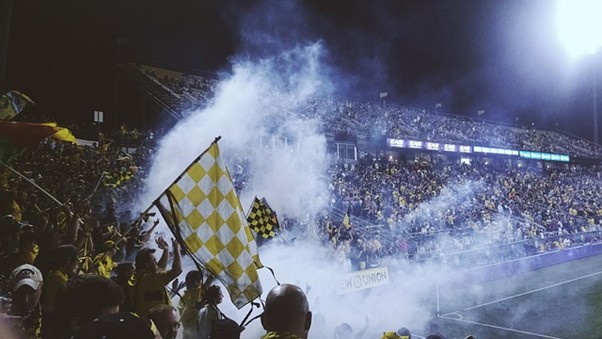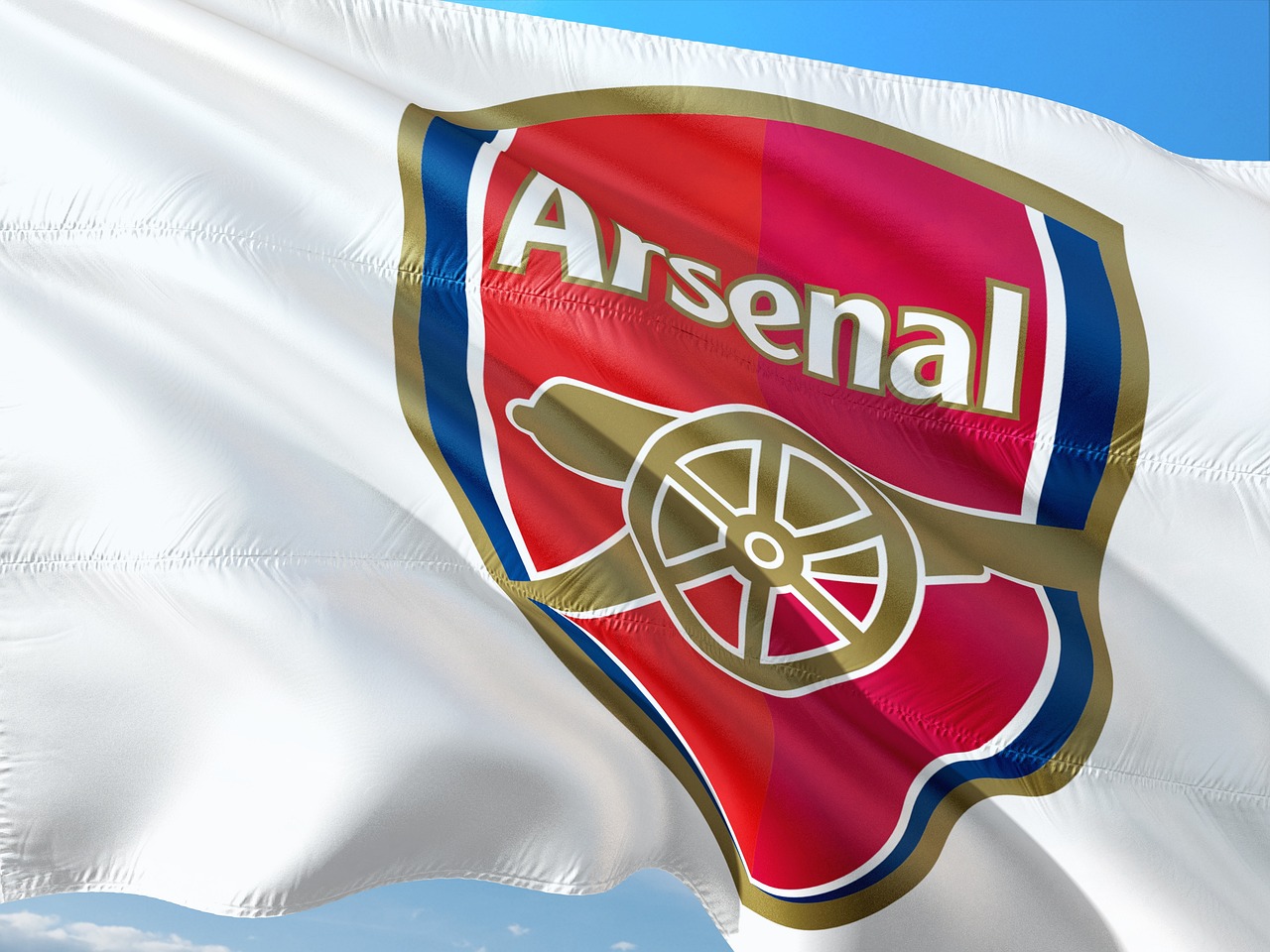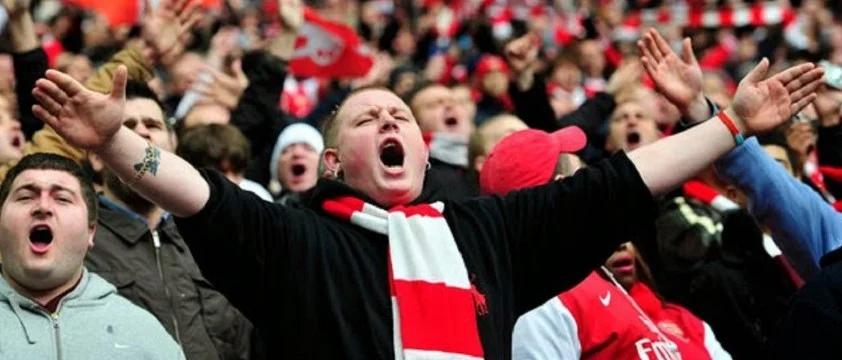All You Need to Know about the German Football League
When you think of football, the first country that

When you think of football, the first country that comes to mind is England. However, did you know that other countries have leagues for the world's most popular sport? One such league is the Champions League.
The league is responsible for organizing the Bundesliga and overseeing nearly every aspect of all professional German football leagues below it. The organization also has responsibility for amateur football in Germany and, ultimately, is answerable to the German government for all its actions.
How Does the German Football League Work?
The Bundesliga is one of the most exciting football leagues in Europe. With several teams vying for the title, it's well worth watching. But how does the league work? And what are some of the best teams to watch?
The Bundesliga consists of two divisions. The first division is called the Bundesliga, and the second division is the 2 Bundesliga. In each division, there are 18 teams — making 36 in the whole German Football League. Each team plays twice against every other in their division throughout a season — once at home and once away.
At the end of each season, the top three teams from each division qualify for one of three competitions — the DFB-Pokal (German Cup), UEFA Champions League, or UEFA Europa League — depending on their position at the end of the season. However, if both Bayern Munich and Borussia Dortmund finish in the top four, only two teams qualify for these competitions instead of three.
At the end of each season, the bottom two teams in each division are automatically relegated to the 2 Bundesliga. While those who finish between the 16th and 3rd playoff against each other to determine which two will be relegated and which will stay in their division.
How are the Positions in the League Determined?
Points determine the positions in the league. If two teams have the same number of issues, they are separated according to their goal difference.
The team occupies the first place with the most points. The team takes second place with the second number of issues.
All teams have a goal difference (the number of goals they have scored minus the number of missed goals). A team that has scored more goals than missed has a positive goal difference. A team with fewer scored goals than missed has a negative goal difference. If two teams have the same number of points, the team with a better goal difference is ranked higher.
How Much Money is Involved?
The Bundesliga features Germany's best players and clubs, and it has one of the most lucrative broadcast deals in European football. It also has a robust betting market on crypto casino sites. The division is also well-known on a global scale.
It is one of the most widely-viewed leagues in world football, with an audience of millions of fans around the world each week. But how much money is involved?
The Bundesliga earns approximately €1.1 billion per season from its domestic broadcast deals. This figure is dwarfed by the reputed €1.6 billion earned by the English Premier League each season but still makes it one of the top two most lucrative leagues in Europe.
What Happens if a Team Ties for Points with Another Team?
The Bundesliga uses a system similar to the English Premier League and some other European leagues, in which the team with the most points at the end of the season is declared the champion.
The German system also has relegation, where a handful of teams are moved down to a lower-level league based on their performance that year. Germany's case is not just the bottom two or three teams who are relegated — it's also teams that finish in 16th and 17th place. (Those teams have to compete in a playoff against teams from the second division.)
In terms of tiebreakers, the final standings in a Bundesliga season are first by goal difference and then by goals scored. If clubs are still tied after applying these criteria, the following tiebreaker procedures apply:
- The head-to-head record between two teams that are tied.
- Goal difference between tied teams in head-to-head matchups.
- Goals are scored in head-to-head matchups between clubs that are tied.
- Away goals are scored in one-on-one meetings between clubs that are tied.
If two or more clubs are still tied after applying the above criteria, their rankings are determined by further criteria:
- A goal difference in all league matches.
- Goals scored in all league matches.
- Away they scored goals in all league matches.
If two or more clubs are still tied after applying the above criteria, their rankings are determined by further criteria:
- The higher number of wins is based on three points for a win and one point for a draw.
- A higher number of away wins is based on three points for a win and one point for a draw.
How Many Teams are in the League?
German football's Bundesliga is the top-ranked league in the country. It also happens to be the football league with the highest average stadium attendance in the globe.
The German football league system's highest division is dominated by the Bundesliga. The Bundesliga has a total of 18 clubs with a promotion and relegation system with the second-tier 2. Bundesliga.
The seasons last from August through May, the majority of games are played on Saturdays and Sundays, with a handful on weekdays. The DFB-Pokal is open to all Bundesliga teams. The Bundesliga champion advances to the DFL Supercup.
How Do Promotions and Relegations Work?
The Bundesliga is the highest division of professional football in Germany. It consists of 18 clubs, with the bottom two clubs relegated to the 2—Bundesliga at the end of each season. The top two clubs are promoted to the Bundesliga. In theory, this means that three new clubs enter the Bundesliga every year, while three drop out.
In reality, though, things can get a little more complicated than that. Here's what you need to know:
Promotions and relegations are decided by points per game averages over three years. For example, if a club is relegated in the 2019–20 season, it will be based on their points per game from 2016–17 through 2018–19.
If a club wins a promotion or gets relegated but chooses not to enter or play in that division, then that club's spot is given to another club.
If a club drops out of the league system entirely (for example, due to bankruptcy), then no promotions/relegations occur for that season, and all other teams move up one division.
Does All This Matter to the Average Spectator or Player?
It's important to know what is being said and done at the top because that sets the tone for the rest of football in this country.
It's not just about presenting a united front; it's about understanding that there are different interests at play, that these interests will sometimes clash and that it takes a lot of hard work to make sure everyone is happy.
While many people will be more casual fans than experts, it is worth educating yourself on the basics. It's the best way to make sure that you can recognize and understand better team names, flags, and locations. This is important for enjoying the tournament as a fan or even as a betting participant at BTC bookies.







